Getting things done in government: Twelve lessons from Ministers Reflect
Key lessons from former ministers on how to be effective in government.
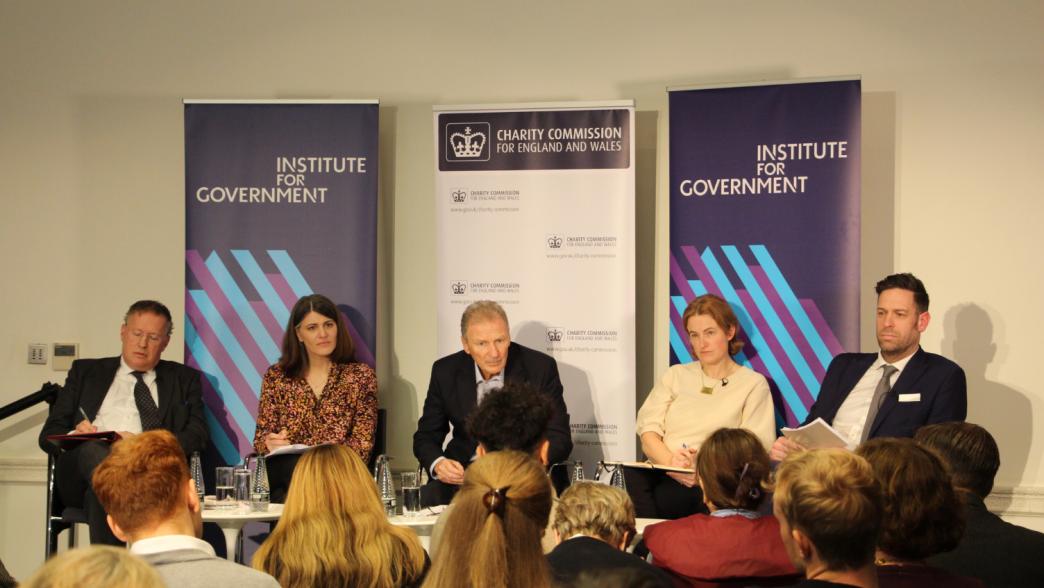
The Institute for Government’s Ministers Reflect archive comprises close to 150 interviews with ministers from UK and devolved governments of the last 30 years, from all parties, departments and levels of seniority. As part of those interviews, we ask each minister for their advice for those taking on the role for the first time.
This paper brings together the key lessons interviewees have sought to pass on, to help you as you enter ministerial office to think about how you can be most successful in the role.
Ministers Reflect was launched in 2015 to collect first-hand accounts from ministers of what their job was like, what they wish they’d known before they’d begun and how to approach a ministerial role. Over the years, we’ve interviewed one former prime minister, three former chancellors, and myriad other former ministers, including three members of the current cabinet.
Being a minister is a job like nothing else. You’re in charge of overseeing billion-pound projects; pushing changes to the law through parliament; dealing with political, economic or health crises; and touring round the country on visits and meetings. Ministers also have a unique relationship with the civil servants who work for them. It can be a lonely and stressful job, as many former ministers tell us – but can also be hugely rewarding.
But as our archive shows, there are a few simple steps – from managing your diary to making canny use of parliament and your ministerial colleagues – which will help you be effective in the job.
1. Decide how and when you like to work, and enforce it
As a new minister, it can be easy to accept the ‘way things are done’ but just because the civil service is used to working in a particular way does not mean that will suit every minister. However, identifying the ways you like to work is not always an easy task – as Jeremy Wright, former attorney general, said:
“the weirdest question I’ve probably ever been asked in my life is when I showed up in a department and the civil servant in my private office said ‘how do you like to work, minister?’. You think ‘well, what answer do you want, as little as possible, only on Thursdays?’”
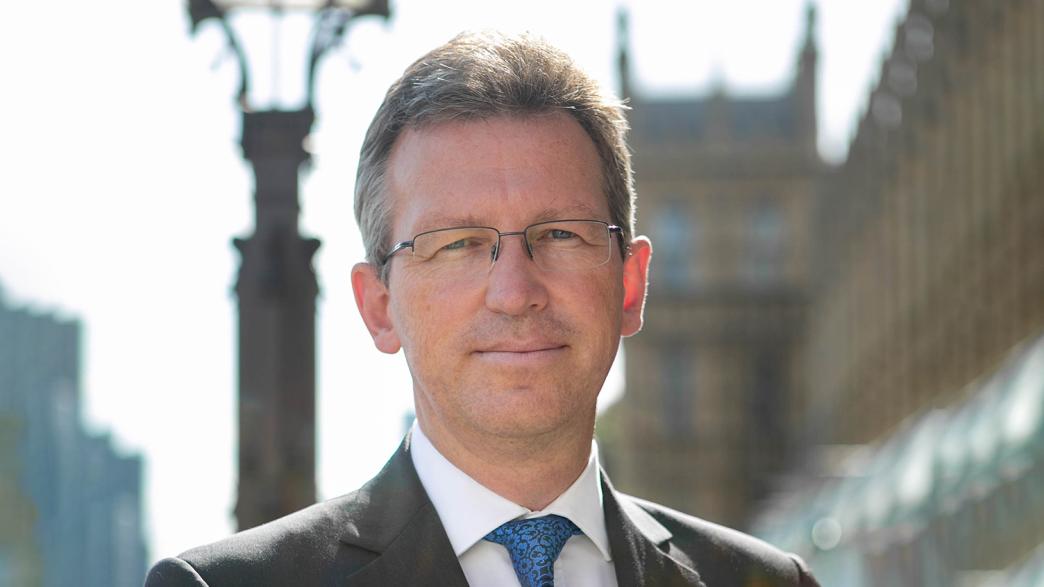
Working out the options available to you is the first step. Think about whether you prefer long pieces of written advice or would like to talk options through with officials; if you prefer reading early in the day or later; how long you like meetings to be. Generally, private offices will be willing to accommodate your personal preferences, so have a think about what those are and how you can articulate them.
Once you’ve worked out what you like, you need to explain it to the department, and ensure they stick to it. Civil servants won’t deliberately do things you’ve asked them not to, but old habits do die hard and you may need to lay down the law. As former chancellor Philip Hammond said:
“I introduced a rule first of all that there could be no more than 10 people from the department in a meeting. Which you wouldn’t think would be particularly controversial, but my God the ructions that caused!”
Making clear how you want things to work and sticking to those requirements will encourage the civil servants you work with to adapt their own processes. This is particularly important when it comes to time management. If a minister is not in control of their time, they will not be able to achieve their aims and priorities – so it’s no surprise that every former minister we spoke to talked about how important it is to manage the diary. Former Labour minister Hilary Benn warned of the risk of letting the diary get too full:
“[the department] have you working 24 hours a day, seven days a week if they could. Because civil servants are under pressure: ‘Can’t you get the minister to come to this? Come to visit here? Go to our conference?’ And so on. You need to be able to manage that.”
As well as the risk of being swamped with invitations to events, the civil service will always be keen to have meetings to discuss policy issues. While these are important, many ministers complain that their diary would get filled up with meetings that they did not always value. To avoid this danger, you should be clear with your private office team about what you want to use your time for. Private offices are good at adapting to ministers’ priorities and circumstances, if they are explained, as former sports minister Tracey Crouch described:
“I was always really precious with my time, you know, having had a baby in office, and they were brilliant at making sure that my week was front-loaded so when I got home, I could concentrate on being mum.”
2. Treat other ministers as part of a team
No minister can get things done on their own – you sit at the top of a large organisation, which may implement policies directly, work through public bodies or contract other organisations in the private or voluntary sectors to actually deliver the policy of the government. You’ll also be working with other ministers, special advisers and those outside government who have an interest in your policy portfolio. In this world, having strong relationships is key to being successful, as former culture secretary Ben Bradshaw explained, “almost everything you achieve as a minister is achieved collectively.”
As a new minister in a department, you will be part of a team that could be between three and eight people strong, with special advisers as well. Though you might not have chosen your colleagues, working as a team will help you achieve your political objectives and ensure that the department is focusing on what you want. Former junior ministers have talked about how the secretary of state creates the culture in a department and sets the tone for the working relationship between the ministerial team; as Sir Alan Duncan, former minister of state in several departments, warned:
“a good secretary of state will bring out the best in their ministers and enjoy their success. A poor one will be a control freak who tries to hog everything for themself and in the end they are resented, of course.”
There are ways that the secretary of state can create a positive culture in the department – Nicky Morgan, former education secretary, talked about her experience:
“we also just tried to create a bit more of a team atmosphere, which I think had been lacking. So we did also things like socials as well outside; just getting people together for drinks is really important.”
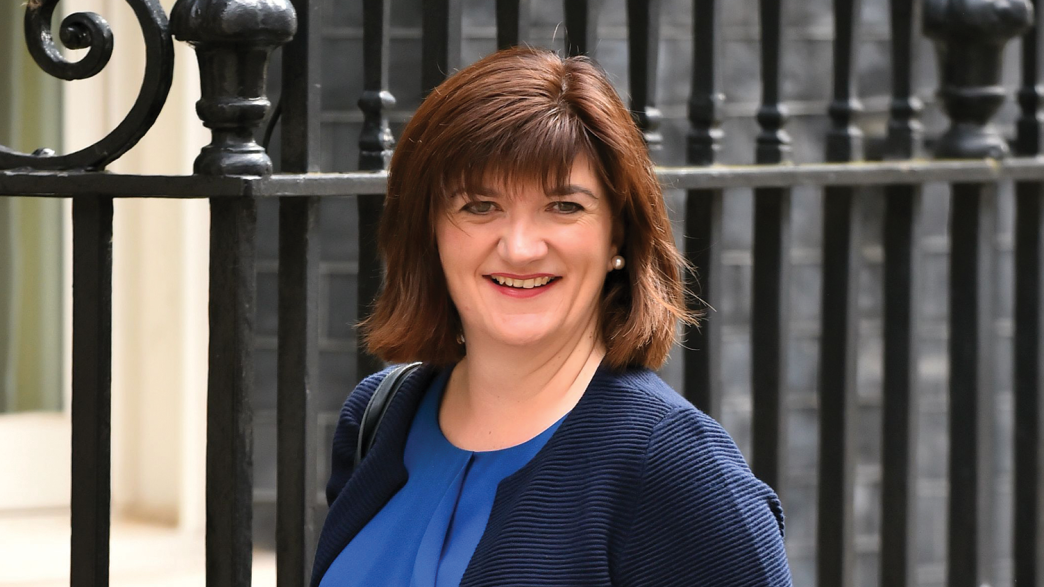
As well as the secretary of state empowering junior ministers and building a team spirit, ministers need to ensure they at least know what each other are focusing on and what their priorities are. As Steve Brine, former health minister, explained, being jealous of your policy portfolio can be risky:
“A very foolish minister plays turf war and says: ‘Don’t interfere in my area’, because you all live and die by each other’s areas.”
And the need to work with other ministers is not just true within departments. As Harriet Harman explained, “the whole establishment is for single departments but there is virtually no policy which is a single department policy.” In this context, maintaining relationships with your colleagues across government is key to getting things done – a quick conversation between ministers in different departments can often sort out a problem much more effectively than going through departmental channels.
3. Treat civil servants with respect
Civil servants, from your private office to the leadership of your department to the frontline staff commissioning or delivering public services, are the people who will put your decisions into action. As James Brokenshire, who held various cabinet and ministerial roles, said:
“that relationship that you form with your permanent secretary, with your private office, with your DGs [directors general] and the whole team, does matter so much that you get their respect and you respect them too. And that culture, I think, is absolutely critical if you are to thrive, and at times survive, so that you all work together with that same objective.”
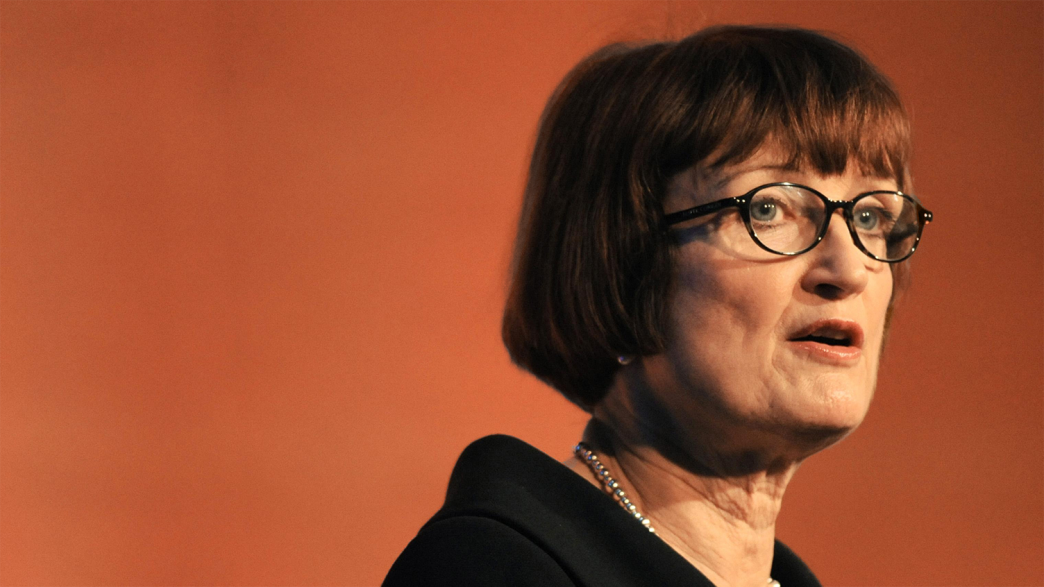
Without this trust and respect, it can be difficult to get what you need from the civil service. As former Labour minister Tessa Jowell told us, “they will have confidence in you if they know that you will stand up for them and not blame them.”
Treating people with respect does not mean shying away from high standards or difficult messages – as Tracey Crouch explained, she always stressed to her department the importance of having correct information:
“That was the thing that I was most tough with my civil servants on: reminding them that it’s me that goes into the chamber to speak to make policy announcements or to answer questions, and therefore, if they get it wrong, I get it wrong. I’m the one that gets punished, not them, I’m the one who gets sort of blazoned all over the papers or criticised or called back to parliament or whatever, not them. So damn well get it right.”
But that does not mean that ministers and officials cannot have positive working relationships – Crouch’s final piece of advice for new ministers was “always be kind to your private office, because they will then be kind to you”.
4. Be responsive towards the centre of government, but tread carefully
The ‘centre’ of government – No.10, the Treasury and the Cabinet Office – is where most political priorities are set and where ministers and departments are held to account inside government. Understanding the power of the centre, who the different players are and how to deal with it will help you make progress with your priorities, deal more effectively with problems and avoid unnecessary difficulties.
No.10 supports the prime minister, but is also an office of political and official advisers, meaning it can be difficult to distinguish who in No.10 is actually asking for something. Former health secretary Patricia Hewitt advised new ministers to:
“really understand what your prime minister wants and expects, and then stay very close to [the] prime minister or Number 10 and [the] chancellor and his or her special advisers, because you’re going to need that to make things happen.”
Making sure that you are reacting to what the prime minister wants is essential. But as Ken Clarke said, it can be difficult to keep track of the demands that No.10 is making of your department:
“I found all kinds of Number 10 apparatchiks were turning up in the department, having meetings with my officials and discussing policy. So I got them all thrown out and said if anybody wants to come over from Number 10, to have a meeting with my officials, I shall happily chair a meeting and I can put it together and we can all discuss it.”
Of course, throwing No.10 officials out of your department may not be a practical solution, but assessing who in No.10 is asking for something and using your political judgement to align your work with the priorities of the prime minister will help you get things done.
The Treasury is important for different reasons – after all, they control the money. Philip Hammond, speaking of his time as transport secretary, talked about the frustration he faced when the Treasury blocked things he wanted to do:
“all ministers in all spending departments will have marks on their furniture where they’ve kicked something because they got a message saying the Treasury doesn’t like this, and they will have said: ‘What the — has it got to do with the Treasury?’”
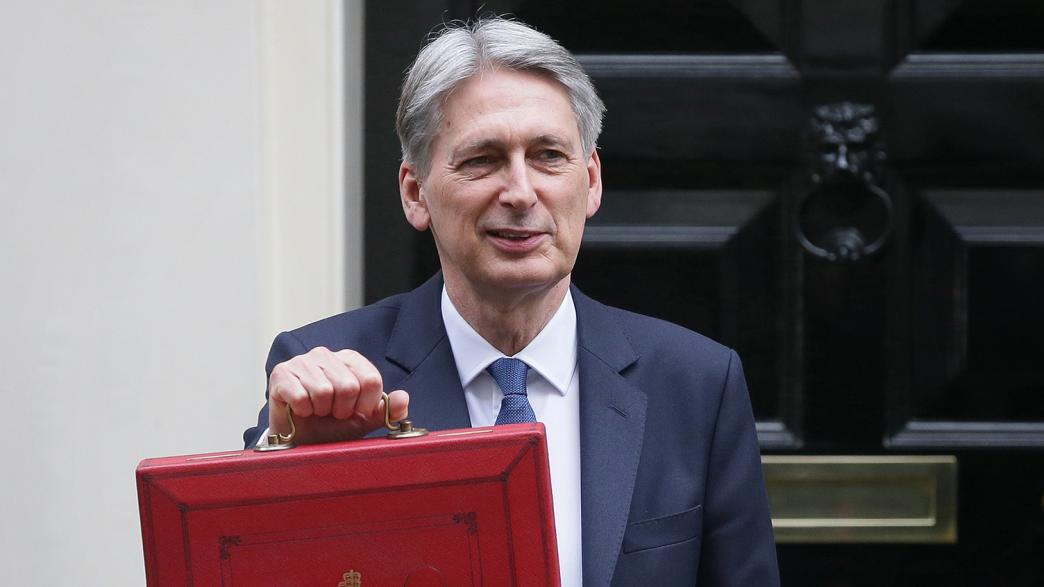
With a spending team shadowing each government department, the Treasury has the licence to look over (or meddle in, depending on your point of view) any area of government spending they see fit. If the chancellor and chief secretary are particularly interested or concerned about your department’s policies, they may encourage their officials to get more involved.
While this can be frustrating, Hammond went on to point out that working with the Treasury was actually beneficial in getting things done – it is worth quoting his reflections in full to understand the role the Treasury plays:
“I learnt in the Department for Transport that the Treasury transport team actually had some really very important skills, and in some respects understood some of the projects better than the transport department people did themselves because they were coming at it from a different perspective. By plugging into the Treasury team and meeting with my Treasury oppo [opposite number], who ironically later became one of my private secretaries, I was able to understand more about the projects that my own civil servants were presenting to me and to challenge them.”
So learning to talk to the Treasury is an important part of the job, as former Labour minister Ed Balls told us:
“The thing with the Treasury is that you have to talk to them in a language they understand. There has to be mutual respect, they have got to know you are serious. When you establish your negotiating parameters, they have got to know that you mean what you say and it’s robust.”
Not every minister will want to, or have the opportunity to, meet Treasury officials who are shadowing their department. But understanding when to leverage the Treasury’s analysis and when to push back against demands is a key decision for any minister in a spending department.
The third part of the ‘centre’, the Cabinet Office, is something of an odds and ends department that has many responsibilities – it serves as the secretariat for cabinet meetings but is also the home of civil service HR and other functions, as well as key parts of national security and data policy. Former Liberal Democrat defence minister Nick Harvey described his surprise at the power of the Cabinet Office:
“Downing Street and the Treasury I had reckoned on, though I had wholly underestimated their propensity to meddle. But the whole Cabinet Office thing came as a complete shock to me, that there were these three beasts over the road who seemed to me to be an obstacle to good government.”
Harvey is not the only one to complain about the power of the Cabinet Office; universities minister David Willetts said that:
“the worst department of government by a long margin is the Cabinet Office: it is completely dysfunctional….It’s not accountable. It imposes absurd things on you. It then runs away when things don’t work out and always blames you. It is a terrible department. Over-manned, too many ministers, and a lot of time was spent essentially trying to stop the Cabinet Office messing up things we were doing.”
Given the frustration some ministers have felt about the role of the Cabinet Office, it can be tempting to try and ignore it. But it plays an important role in coordinating decisions across government and pushing forwards the priorities of the prime minister, so it is important to engage with (even if it can be frustrating).
5. Remember the importance of parliament
Many new ministers talk about their surprise that the role took over so much of their time – being a constituency MP is of course a full-time job, so doing another full-time job on top of that is very daunting. But even with the time pressures, many former ministers advised those new to the role to make sure that they do not neglect parliament – relationships with colleagues on the backbenches (and indeed in other parties) are essential to maintaining your political career, and to achieving your objectives. Former education secretary Estelle Morris advised ministers that this would be hard work given the other pressures of the job:
“to get to the House of Commons and see colleagues – the tea room, the chit, the chat, all that – was an effort. You had to book it in the diary, they [the civil service] had to know you were going, they had to know when to collect you.”

Your parliamentary job can also help you make decisions. Ministers who are also members of the House of Commons can use their constituency contacts to monitor how the decisions they are responsible for are really playing out on the ground. The information gathered through surgeries and discussions with party colleagues may be able to give you a better, or quicker, sense of how public services are performing than the data collected by your department, and whether what you hoped to achieve is actually happening.
As former education and culture secretary Nicky Morgan said, “the visits, constituency stuff, what other MPs tell you is going on – all of those are really, really important and you do build a picture.”
Make use of those opportunities to supplement (not necessarily replace) the information that the department is giving you and to check that things are working out as you had intended.
Part of the difficulty new ministers face in maintaining their parliamentary relationships is that civil servants do not always appreciate the importance of that aspect of their role, or indeed understand how it works. This was something Tim Loughton, former minister for children and families, explained:
“they asked me to give a talk to the staff about how parliament works. And virtually the entire staff came. It was a packed room. And they were… a lot of them said that’s really interesting, I learned a lot. I mean it shouldn’t take a minister to tell civil servants how parliament works and why ministers need to be over here for votes and running whips and all this sort of thing.”
Indeed, a recurring theme in our conversations with former ministers is the need to explain to civil servants the importance of parliament for ministers. Reminding them of this aspect of your role, and making sure to make enough time for it, is essential.
6. Learn from your predecessor(s)
Many of the issues that ministers deal with are questions that others have faced in the past. So, as Caroline Dinenage, a former minister at the health department said, “speaking to the person that’s done the job before you, is a no brainer for me. I can’t understand why more people don’t do it.”
Theresa Villiers, who joined the coalition as a minister at the Department for Transport, said that asking advice from an opposing party was not really an option:
“The thing is, you are not realistically going to go to previous Labour ministers for advice and it was so long since the Conservatives had been in government that there weren’t many ministers who could give direct advice on transport matters”
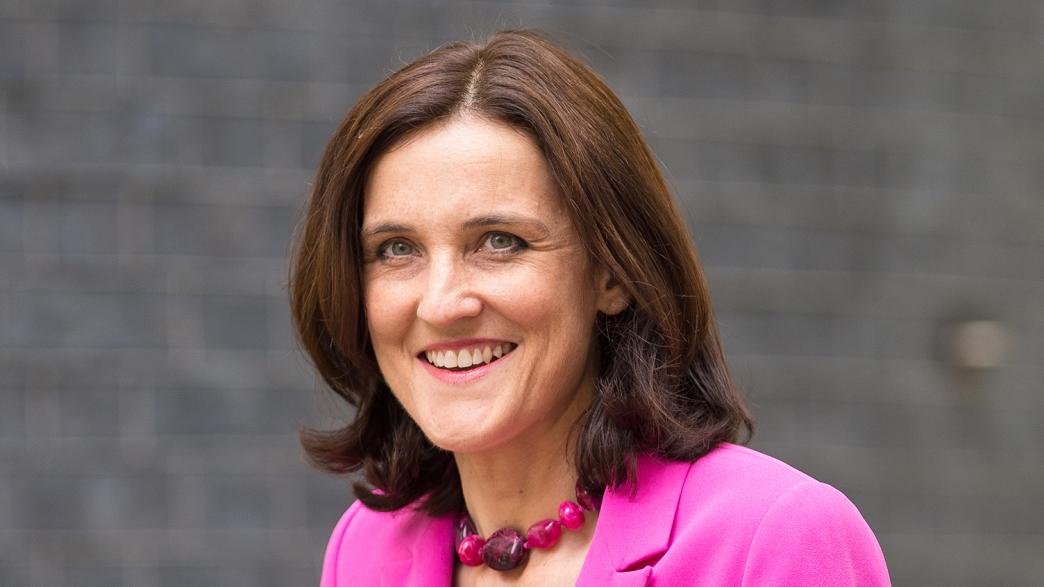
However, another former Conservative minister turned secretary of state, Amber Rudd, said that she did just that when she was promoted to the cabinet after the 2015 election – she spoke to her Liberal Democrat predecessor to hear his advice on the role of secretary of state for energy and climate change:
“Taking over from Ed Davey was great – Ed had done a great job. There’s this myth that goes around that people don’t get sessions with the person they replace. I think sometimes they don’t but, in my experience, I always have. I’ve given them and I’ve received them. Ed Davey did get in touch and we had a lovely long chat, and he was very helpful. He’d lost his seat, of course, so he didn’t have a stake.”
Deciding whether or not to get in touch with your predecessor, whether they are from the same or a different party, is of course an individual choice. But understanding the issues they dealt with and how they approached working with the civil service can be helpful.
7. Take time to get up to speed on the decisions you face
It seems obvious, but making decisions is an essential responsibility of a minister. If ministers do not make decisions, the government machine gums up and problems will not be solved. However, you are expected to make decisions in situations of often considerable uncertainty – judging the right course of action is never easy.
Ministers are thrown it at the deep end and expected to deal with policy issues immediately; there is no warming up period. Many of the questions you will face will have been paused due to the change of ministers (especially if you are taking on the role after a general election). In that context, it can be tempting to try to move at 100 miles an hour, making decisions immediately.
But Ken Clarke, who ran various departments in the Thatcher, Major and Cameron governments, had this advice about taking your time to understand what is going on – not least so you do not make a decision you later come to regret:
“Try to ignore the advice of colleagues, including the prime minister, about something you must do straight away, until you have had a meeting or two about it and decided you have really got your head around it and you want to do it.
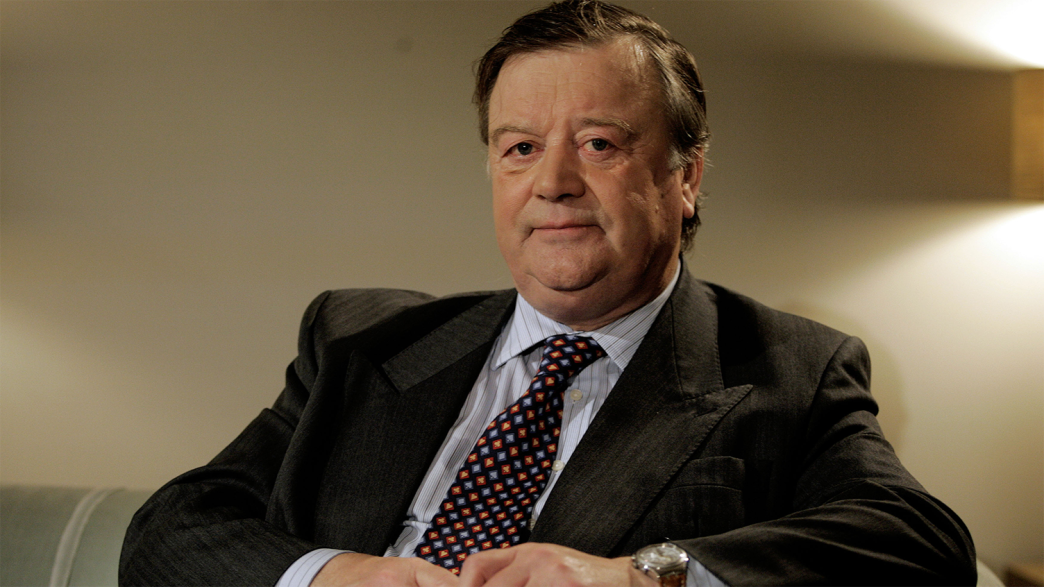
Don’t sign the documents the permanent secretary will bring to you in the first week, saying ‘secretary of state, your predecessor was just about to clear this before you arrived, we needn’t bother about it too much, it is perfectly straightforward, just if you would authorise it’. They have been trying to sell that to every secretary of state they have had walk through the door for some time and it is probably dangerous. Find out what it is about.”
While the grace period is not long, it is possible to use your first days and weeks to understand your portfolio, build relationships with experts inside and outside government, and read around particular issues to expand your knowledge and make more informed decisions. Jim Murphy, Scotland secretary at the end of the last Labour government, said that:
“I would also encourage new ministers to read beyond their excellent civil service briefings. I would always try to read the three most interesting books on the subjects I was responsible for.”
As well as reading, meeting as many people as possible and asking questions to build your understanding is important to help you make better decisions. Former environment secretary George Eustice told us that:
“I learned what you need to do to be a minister effectively and, as is the case in most things in politics, I would say it is about asking the right questions.”
Getting a sense of things, before plunging into making big decisions, will mean that you can make sure those decisions are as well informed as possible.
8. Prioritise – as much as possible
The ‘to do’ list of a minister expands constantly and there is no way you can do everything that is asked of you. In that context, having a clearly defined set of priorities – where you know what you want to do, and those around you know too – is essential. As Lord Frost, chief Brexit negotiator and then Cabinet Office minister, told us:
“pick two or three priorities and stick to them, and tune everything else out, if you can… Don’t respond to everything that’s said, but transmit much more about your own priorities… Don’t be pushed around by the noise around you.”
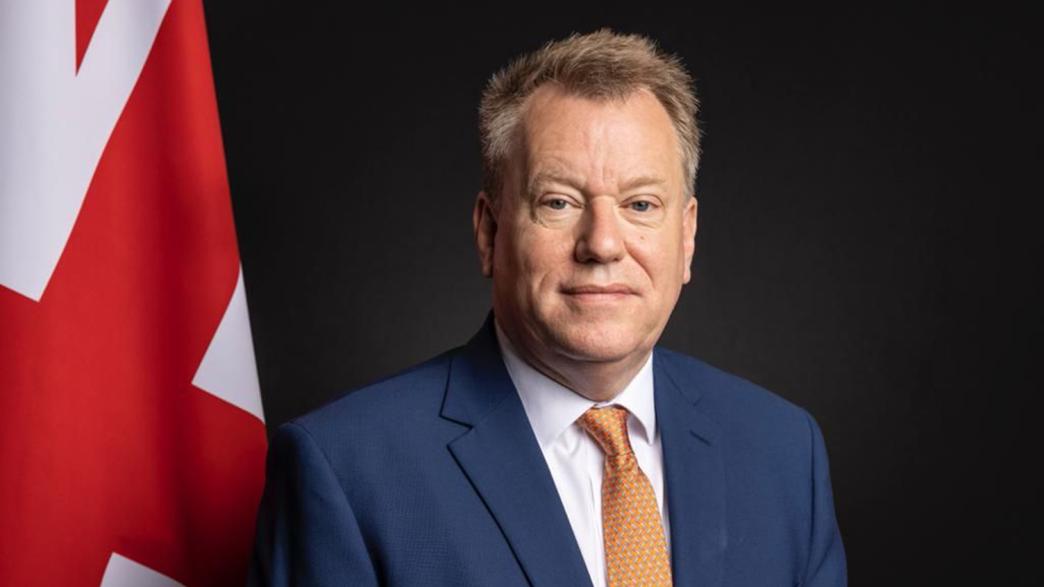
Of course, some of those priorities may be inherited, or given to you by the prime minister or your secretary of state. And there will always be other things that arise that you have to deal with, whether major crises or the day-to-day of government like responding to parliamentary questions and answering letters. So you will have to be flexible, particularly in a crisis – as former development secretary Douglas Alexander recalled:
“Your normal job as a secretary of state is spinning plates and managing a multiplicity of different priorities and responsibilities. When you are dealing with a genuine crisis, all those other priorities fall away and you are able to focus very directly on the immediate task in hand: what you need to do in the next half an hour, what you need to do in the next two hours, what you need to do in the next 24 hours.”
Being clear on what your priorities are, and communicating that to the department, is essential. David Laws, minister of state in the Department for Education and the cabinet Office during the coalition government, said it was important to keep focusing others on his priorities:
“Even though I knew what my one or two things were, I had to keep on reminding myself of those things, and insisting that there were enough meetings in my diary to keep coming back to them. The civil service’s natural inclination is to say, ‘Well, do you really need these meetings and perhaps we can use the time for something else?’ So I think you can’t underestimate that you need not only to identify priorities, but then follow through on them and structure your day and your week and your month around that.”
Setting out your priorities clearly, and maintaining focus on them, means that your private office and the wider department will adapt to ensure they are working on what you want them to. While it will never be possible to only focus on your priorities, without them you risk getting swept away by the many tasks of a minister without being able to make progress on what you really want to achieve.
9. Use your political judgement and beliefs
One way to define those priorities is through your political judgement. As former education secretary Damian Hinds said, when choosing priorities, “they should be your priorities. So, lots of other people can bring you priorities, but you need to have clarity of thought and of priority.”
Bringing your personal view and priorities is a key part of the ministerial role – you are not there just to administer, but to make judgements informed by your political beliefs and background. Amber Rudd told us:
“you have to have some sort of core belief of what you’re trying to do, otherwise you can’t distinguish what’s a good outcome and what’s a bad outcome.”
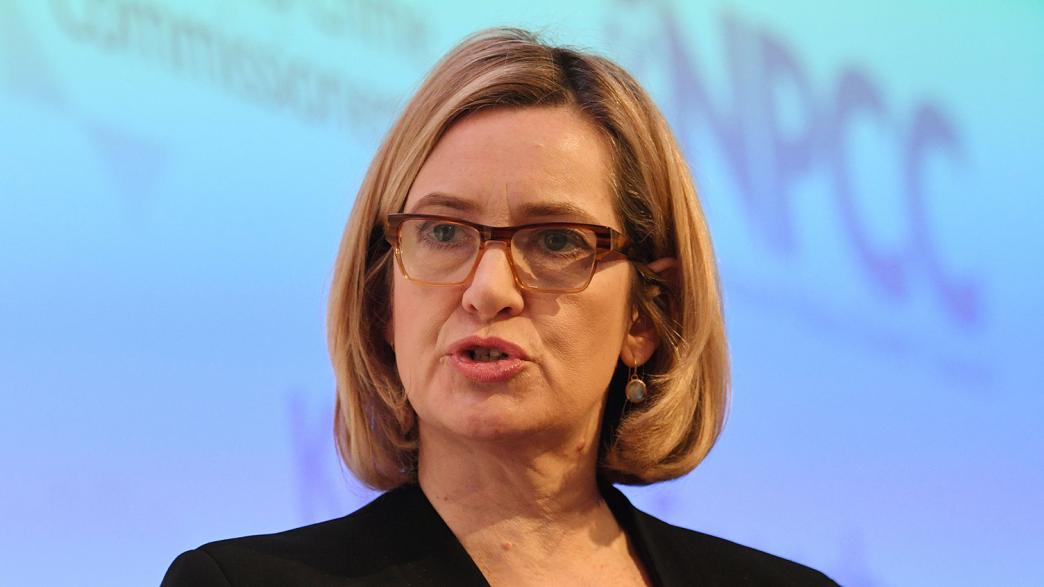
And it helps if you are passionate about what you are trying to achieve – former universities minister Jo Johnson said that a genuine interest and care in your brief can help you deal with the difficulties of the job:
“If you don’t love the brief and if you’re not absolutely passionate about it, these jobs can be very painful because they’re enormously challenging, and if you’re not passionate about it, genuinely passionate, it’s very hard to do”
10. Ensure you do make decisions
With all the things that are asked of ministers, it can be easy to feel busy without dealing with the big decisions facing you. Making the most of your time to focus on your priorities and get things done is challenging, but these decisions are the opportunity to make your mark on government and achieve your objectives – which is much more rewarding than just ploughing through the business-as-usual work, as former communities secretary Eric Pickles explained:
“Just remember it’s a summer lease. You’re here today, you’re gone tomorrow. Use every day and don’t look back and think, ‘Oh God, I wish I’d done that, I wish I had not been silent.’”
Jim Murphy made a similar point, that it is crucial for a minister to know their own mind and use the power available to them:
“Have an agenda and fill the role. Don’t just occupy the conveyor belt of, ‘this is the piece of legislation that was coming my way so I’ll just implement it’. Have your own agenda”
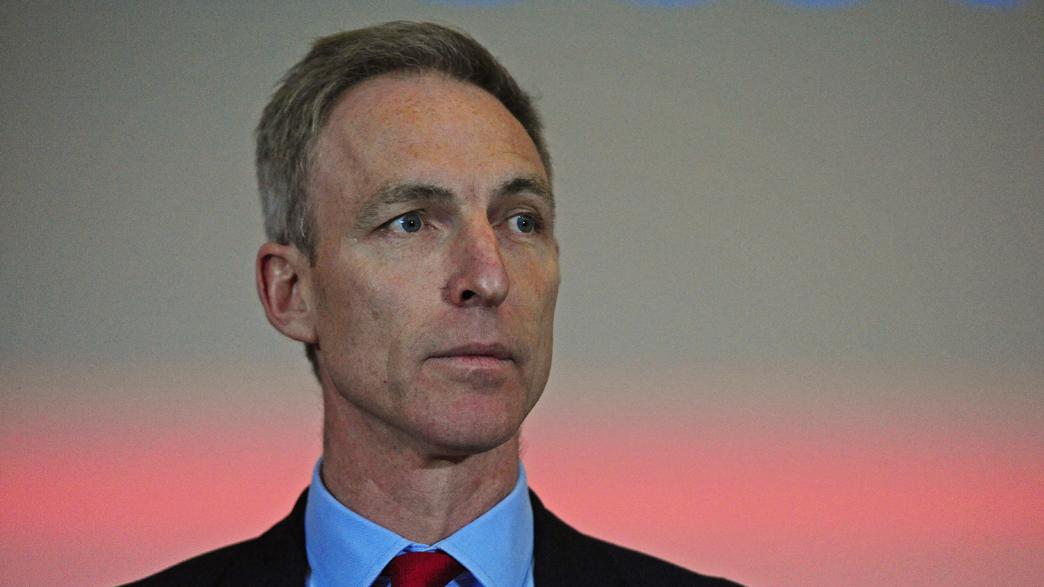
Making decisions is also what the civil service needs to get things done – officials like working for a minister who knows their mind and gives clear direction, as David Gauke, former justice and work and pensions secretary said, “if you give them a clear sense of direction, show that you’ve sensibly thought out an approach, the civil service will help you deliver.”
While weighing up all the relevant factors may be difficult, making decisions – even with incomplete information – is one of the most important things a minister can do to be effective.
11. Use your convening power when implementing your decisions
Making decisions about policy is only the first step in the process – those decisions then have to be implemented, whether by your department, a public body, another public sector organisation like the police or schools, or a private or voluntary organisation. While ministers are not on the front lines putting their decisions into action, you can play a key role in monitoring the progress of how that implementation is going, and ensuring that the department and others are doing what is needed to make your priorities reality.
Any government minister has a huge amount of convening power – people want to be in the room with you because you are influential and can make decisions. Take advantage of that – bring the various organisations involved in your policies together to work through practical solutions to any issues that have arisen. As Lord O’Shaughnessy, former health minister, said:
“unless you get all the key people in the room and they can find a forum in which they can be frank but constructive with one another, then you can’t solve these problems because no-one can solve them alone.”
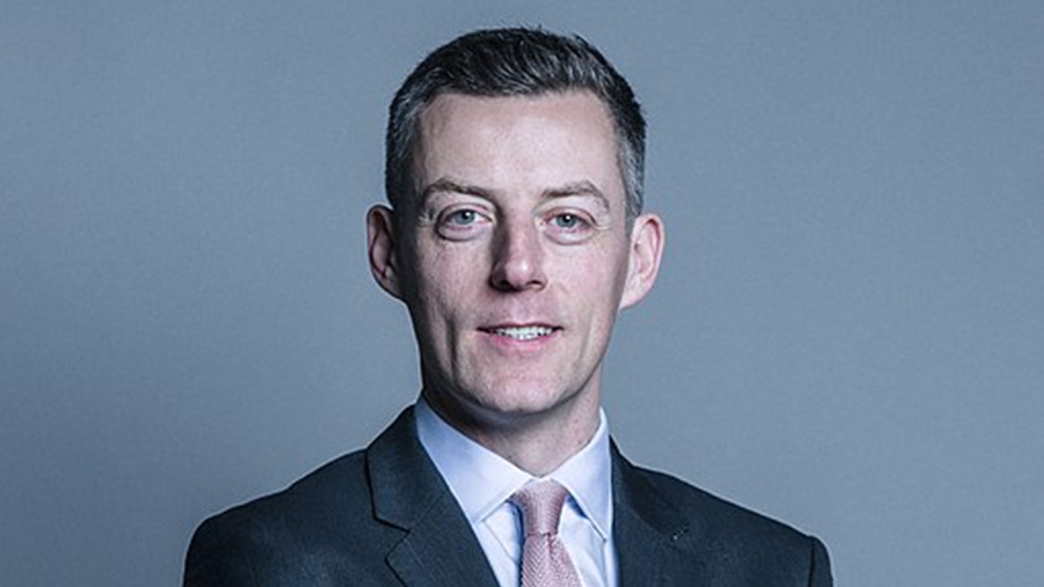
While civil servants in your department will, of course, maintain relationships with the various organisations responsible for implementing policies, using the ‘kudos’ of ministerial office to bring people together is a powerful way of ensuring policies are implemented as you want them to be.
12. Get information in the format that works for you
Keeping up to date with how your decisions are playing out in the real world is an important aspect of the ministerial role, and one that you can do in the way that works best for you. Eric Pickles had a clearly defined way of chasing progress on his priorities: “I ran the department on the basis of a tracker system. So the top 40 items that were important, I would track their progress in terms of delivery.”
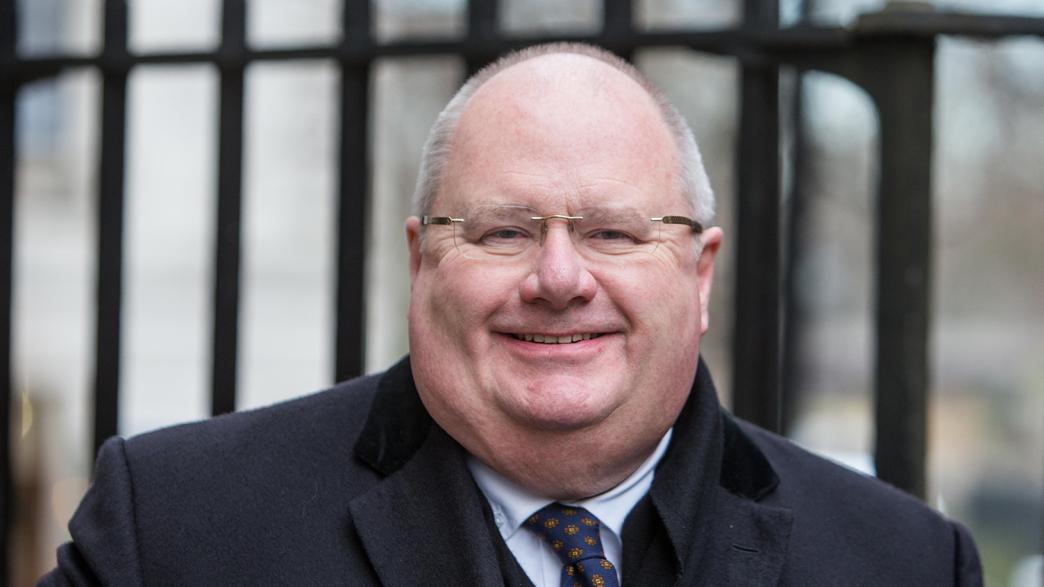
Pickles’ tracker was well-known in his department; one of the junior ministers who worked for him, Nick Boles, said that the system meant that everyone in the department was focused on what they needed to do:
“With Eric, all of the senior civil servants were there as well as special advisers, as well as the ministers, as well as the PPSs. There was a very strict agenda. There were these huge Gantt charts: mine was the planning update and then there was a housing update and a local government update. And literally, specific tasks, timetables, what’s happened here, what’s going on here. There was a section on the media. There was a brief political session at the end. It may have been very slightly over-structured, but nevertheless it was flipping impressive. He might project a sort of jovial, relaxed approach, but it meant that everybody knew that actually, his fingers were on every single set of reins. With a little twitch of the reins in that meeting, you knew that by the next week you needed to have a much better answer than you had that week as to why you were slipping on that milestone.”
Huge Gantt charts may not be the way you would like to monitor how your policies are being implemented, but defining what kind of information you would like to receive, and how often, will build discipline in the department and make sure you are kept up to date with progress.
Conclusion
No two ministerial roles are the same – the wider context, political priorities and individuals all change. And even at the best of times it can be a daunting, isolating job. But many of the former ministers who have spoken to the Institute’s Ministers Reflect project stress the importance of learning from the experience of others. Whether you talk to your predecessor or not is a personal choice. Regardless, learning from the experience of past ministers – and thinking about how you will approach the role – will help you make the most of your time in office. The 12 lessons here, drawn from almost 150 interviews of Ministers Reflect, are a good place to start.
- Topic
- Ministers
- Political party
- Labour Conservative
- Position
- Cabinet secretary Foreign secretary Health secretary Home secretary Secretary of state Minister of state Parliamentary under secretary of state Special adviser
- Administration
- Johnson government May government Cameron government Cameron-Clegg coalition government Brown government Blair government Major government Thatcher government
- Series
- Ministers Reflect IfG Academy
- Publisher
- Institute for Government